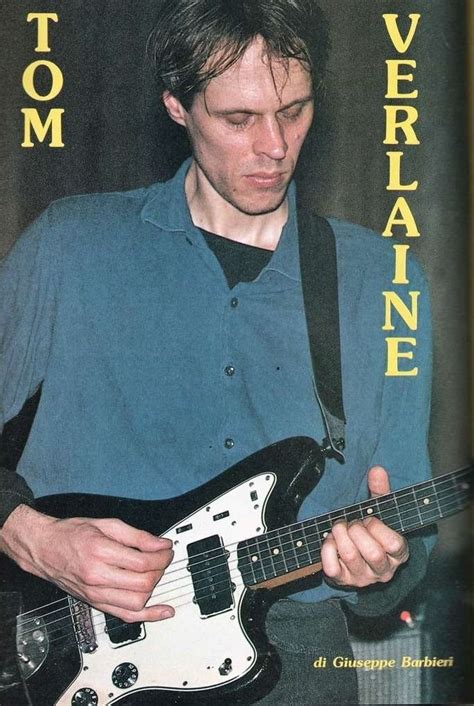A Quote by Tim Winton
In fiction 'issues' are accidental, sometimes incidental. The place and the people it creates are paramount.
Related Quotes
I think there are sometimes issues with - no matter where you put a conference, there's always going to be constraints on that. For example, sometimes students studying in the U.S. have trouble leaving the U.S. to go to a conference. So if you hold it outside the U.S. in a particular place, that sometimes creates complications.
Now, I'm a failed political consultant. But sometimes fiction has a way of capturing people's imagination in a way that non-fiction doesn't. Conservatives typically haven't written much fiction - specifically political thrillers - over the years to educate, inspire and mobilize people on issues of great import, but we ought to.
I would love it if we made more comparisons between current issues and issues of the past. Maybe we'd realize that sometimes 'current issues' and 'past issues' are one and the same. Our world's people still fight over natural resources, kill in the name of religion, occupy regions and give them up - just as we did 'so long ago.'
There's no real objection to escapism, in the right places... We all want to escape occasionally. But science fiction is often very far from escapism, in fact you might say that science fiction is escape into reality... It's a fiction which does concern itself with real issues: the origin of man; our future. In fact I can't think of any form of literature which is more concerned with real issues, reality.
Everybody should read fiction… I don’t think serious fiction is written for a few people. I think we live in a stupid culture that won’t educate its people to read these things. It would be a much more interesting place if it would. And it’s not just that mechanics and plumbers don’t read literary fiction, it’s that doctors and lawyers don’t read literary fiction. It has nothing to do with class, it has to do with an anti-intellectual culture that doesn’t trust art.






































